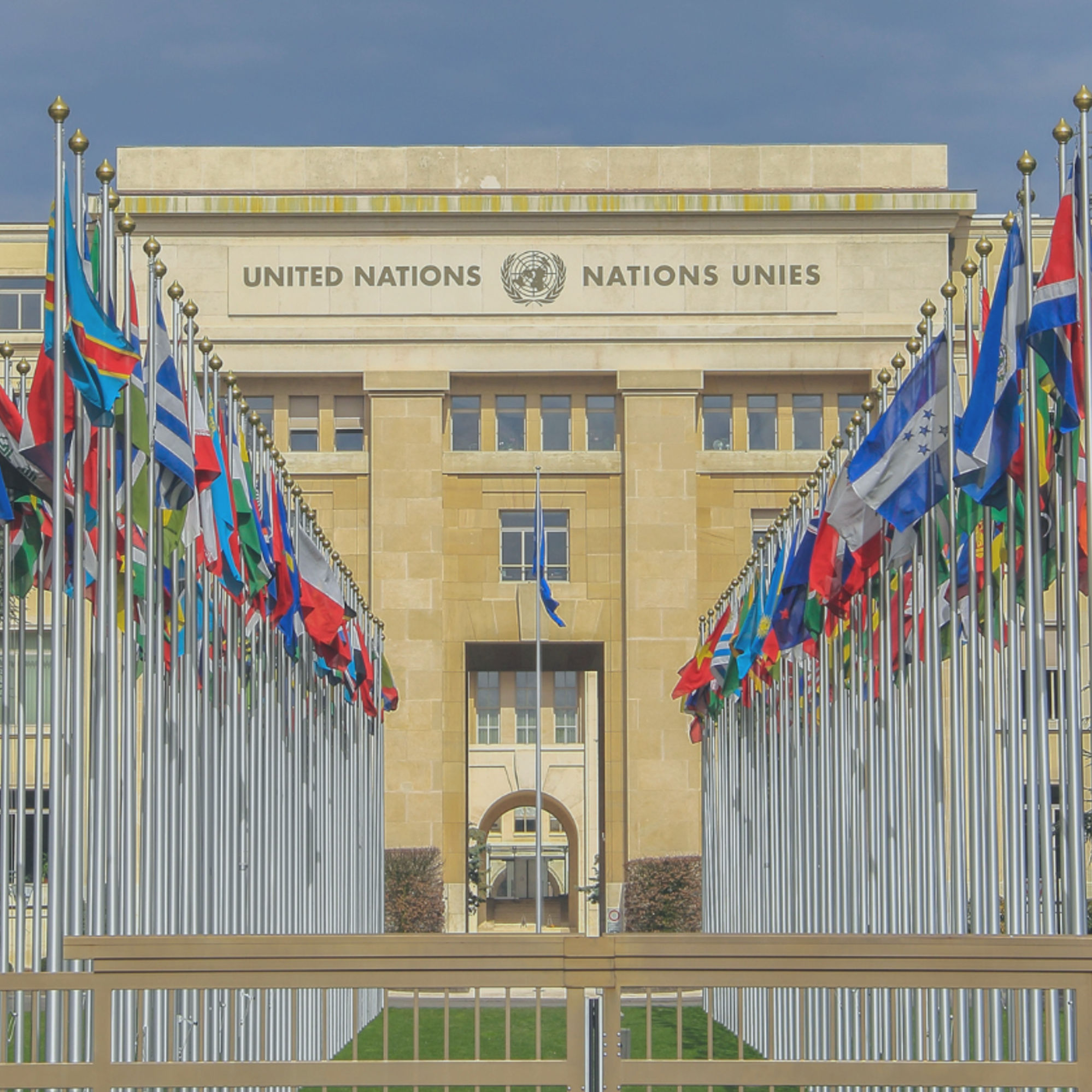International Organizations and Multilateralism
Rhetoric on the crisis of multilateralism is frequent. International organizations (UN, WTO, etc.) remain no less important, while other forums (G20, BRICS, etc.) are asserting themselves.
Related Subjects

Governing the Geostationary Orbit: Orbital Slots and Spectrum Use in an Era of Interference
Outer space, particularly in the telecommunication sector, is benefiting and becoming accessible to more and more actors. But with this trend comes also a reality that is every day more compelling: no meaningful development can be achieved without a clear, stable and predictable interference-free environment for the use and control of all satellites that depend upon ready access to radio frequencies and appropriate geostationary orbital slots to function properly.
Labor Migration in the State of Qatar: Policy Making and Governance
The discovery of petroleum wealth in the middle of the last century completely reconfigured the political economy of Qatar. Small local population size and low levels of labor force participation pushed Qatar to seek alternate sources of labor to meet burgeoning labor demands.
The Lisbon Treaty and the Evolution of European Space Governance
Until the adoption of the Lisbon treaty in December 2007, there was no explicit reference to space in the EU’s constitutive documents. While the European Space Agency has been active in space since the mid-1970s, the Union’s policy remained without a legal basis for space activities. Parallel to the treaties’ evolution however, the EU’s competences never stopped expanding to new fields, bringing it ever closer to space and its various applications. Creativity and dynamic uses of these existing competences have allowed the EU to progressively interfere with the space sector and to get closer to ESA.
ASEAN-India Political Cooperation: How to reinforce a much-needed pillar?
India is one of Southeast Asia’s principal neighbors and there is certainly great potential for cooperation with the region and its institutional representation, ASEAN. But does India properly exploit this opportunity? Is Southeast Asia satisfied with the level of engagement?
The European Commission Energy Green Paper: A Draft to Be Revised
The European Commission has just made public a green paper devoted to its energy and climate policies until 2030.
A Transatlantic Free Trade Agreement? Weimar Triangle Analyses: French, Polish and German viewpoints on European questions
On an initiative of the German Council of Foreign Relations (DGAP), the Study Committee for Franco-German Relations (Cerfa) of the French Institute of International Relations (IFRI) and the Polish Institute of International Affairs (PISM) are regularly publishing short contributions on a common subject, written by three experts of these institutes. The purpose of these “Weimar Triangle Analyses” is to give the French, Polish, and German views on central questions of European politics and European integration.
Japan and the South China Sea: Forging Strategic Partnerships in a Divided Region
In the midst of growing tensions with China, Japan is deepening its strategic engagement in Southeast Asia. Preserving stability in the South China Sea, which is threatened by renewed frictions around contested territories, is a vital interest for sea lane-dependent Japan. Moreover, Tokyo considers Southeast Asian countries as crucial partners in balancing against an increasingly powerful and more assertive China.
China's Two-Track Foreign Policy: From Ambiguous to Clear-Cut Positions
This analysis examines the current ambiguities, priorities and approaches of Chinese foreign policy from a practitioner’s perspective, taking into account experiences of Beijing-based diplomats (interviews conducted in 2011 and 2012), in addition to recent Chinese foreign policy positions and official communications.
It leads to the following conclusions:
Kazakhstan and Eurasian Economic Integration: Quick Start, Mixed Results and Uncertain Future
Kazakhstan's economic integration with Russia and Belarus has been advancing at break-neck speed.
Challenges and Opportunities of a EU-Taiwan ECA: A Review of Political-Economic Perspectives
Concerns over becoming marginalized in the course of East Asian economic integration are driving a proactive regional trade agreement (RTA) strategy on the part of Taiwan. Three factors explain this concern: Competing visions of economic integration in the region from both the United States and China, the success of Korea in concluding a large number of important RTAs, and the increasing number of overlapping agreements that crowd out countries and economies such as Taiwan that do not have proactive RTA strategies.
Support independent French research
Ifri, a foundation recognized as being of public utility, relies largely on private donors – companies and individuals – to guarantee its sustainability and intellectual independence. Through their funding, donors help maintain the Institute's position among the world's leading think tanks. By benefiting from an internationally recognized network and expertise, donors refine their understanding of geopolitical risk and its consequences on global politics and the economy. In 2025, Ifri supports more than 80 French and foreign companies and organizations.








